
Upper Secondary School Tracking and Major Choices in Higher Education: To Switch or Not to Switch
Strengthening the quality of education, science and technology education is one of the four strategic rectangles of Rectangular Strategy Phase IV and at the heart of Cambodia’s ambition to achieve higher-middle-income status by 2030 and high-income status by 2050. To that end, increasing attention has been paid to improving both the quantity and qu...
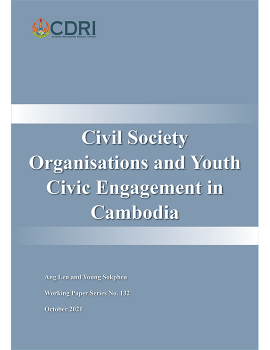
Civil Society Organisations and Youth Civic Engagement in Cambodia
Civic engagement is “how citizens participate in the life of a community to improve conditions for others or to help shape the community’s future” (Adler and Goggin 2005, p. 236). In Cambodia, civic engagement has been promoted by civil society organisations (CSOs) since 1993. The organisations covered by the abbreviation “CSO” are many in Cambodia...
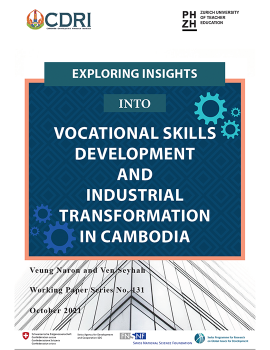
Exploring Insights into Vocational Skills Development and Industrial Transformation in Cambodia
Industrial development is central to Cambodia’s economic development as it plans to upgrade the country’s status to an upper-middle-income country by 2030 and to a high-income country by 2050. Equipping the workforce with the skills and competencies that match industrial needs requires a great deal of continuous efforts and resources. In this regar...
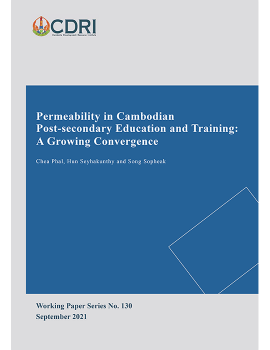
Permeability in Cambodian Post-secondary Education and Training: A Growing Convergence
The distinction between vocational training and academic education can be traced back to different institutional structures in medieval Europe. However, owing to an increasing need for higher-level skills to respond to market demand, countries have resolved to establish flexible pathways for students on both tracks or systems to move or transfer ac...
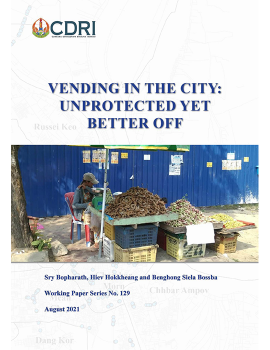
Vending in the City: Unprotected Yet Better Off
Street food vending is a vital part of the urban economy, and the poor, in particular, rely on it to earn their living. We examine their socio-economic dimension, especially their backgrounds and business operations and challenges, as well as the perspectives on life satisfaction among different income earners. Importantly, we looked at the margina...
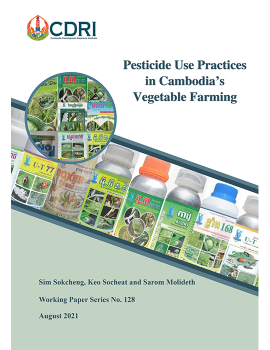
Pesticide Use Practices in Cambodia’s Vegetable Farming
Pesticides are agricultural technologies that farmers use to control pests and weeds and remain an important modern input for crop production including vegetable farming. There are many types of pesticides, such as insecticides, fungicides, rodenticides and herbicides, that target different threats to crops. While the potential production benefits...
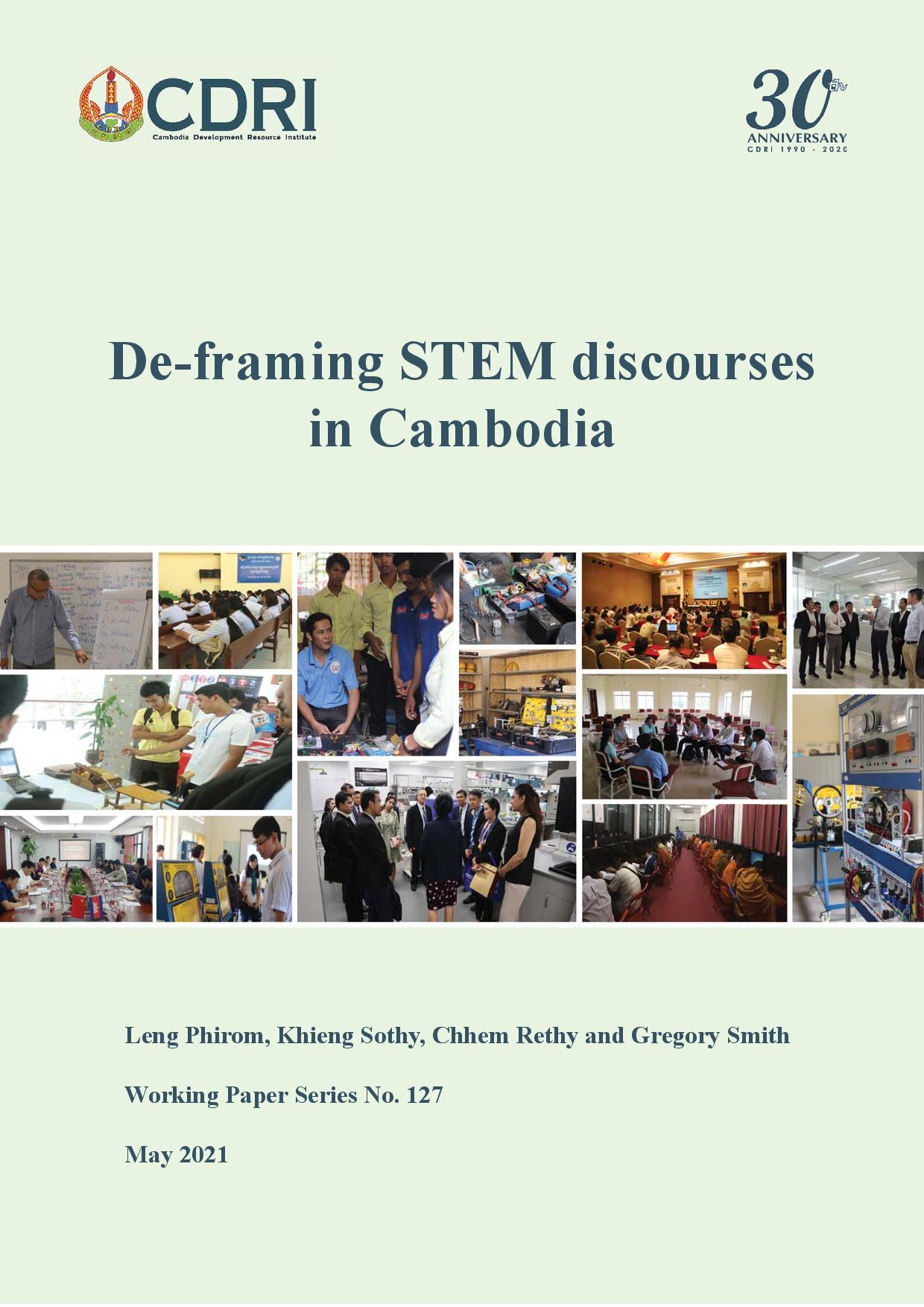
De-framing STEM Discourses in Cambodia
This qualitative study examines the development of STEM programs in Cambodian higher education, using as its theoretical framework Chesky and Wolfmeyer’s (2015) concept of an integrative STEM education, which highlights the intersections between purpose, pedagogy and content. The teaching of STEM in Cambodia remains discipline-based, dominated by t...
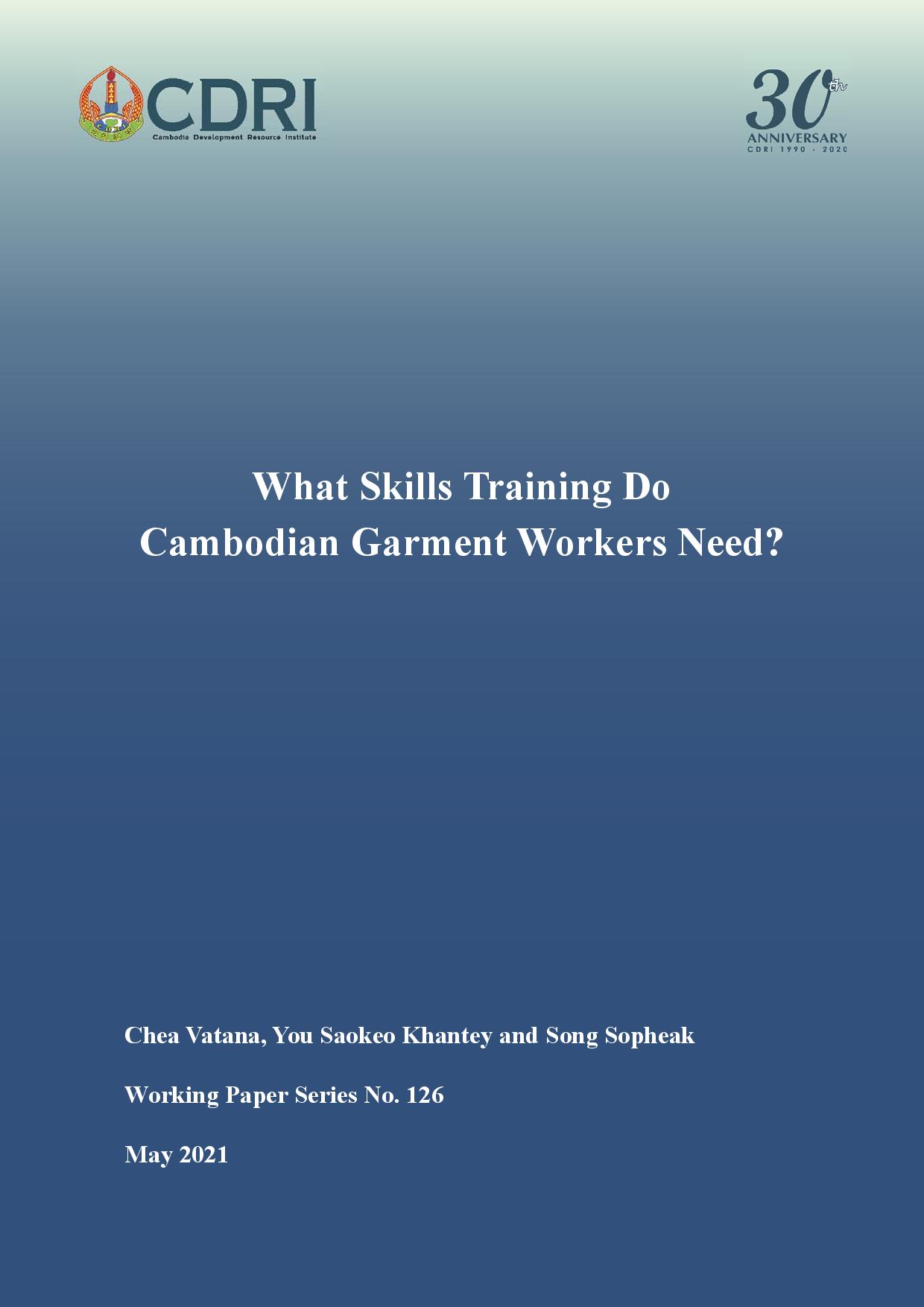
What Skills Training Do Cambodian Garment Workers Need?
This study aimed to identify the current skills of Cambodian garment workers, whether or not they wanted to gain new skills and, if so, what those were. The results revealed that the greatest percentage – 60 – had acquired sewing skills, followed by quality control and packaging skills. More than two-thirds were also able to read, write and calcula...
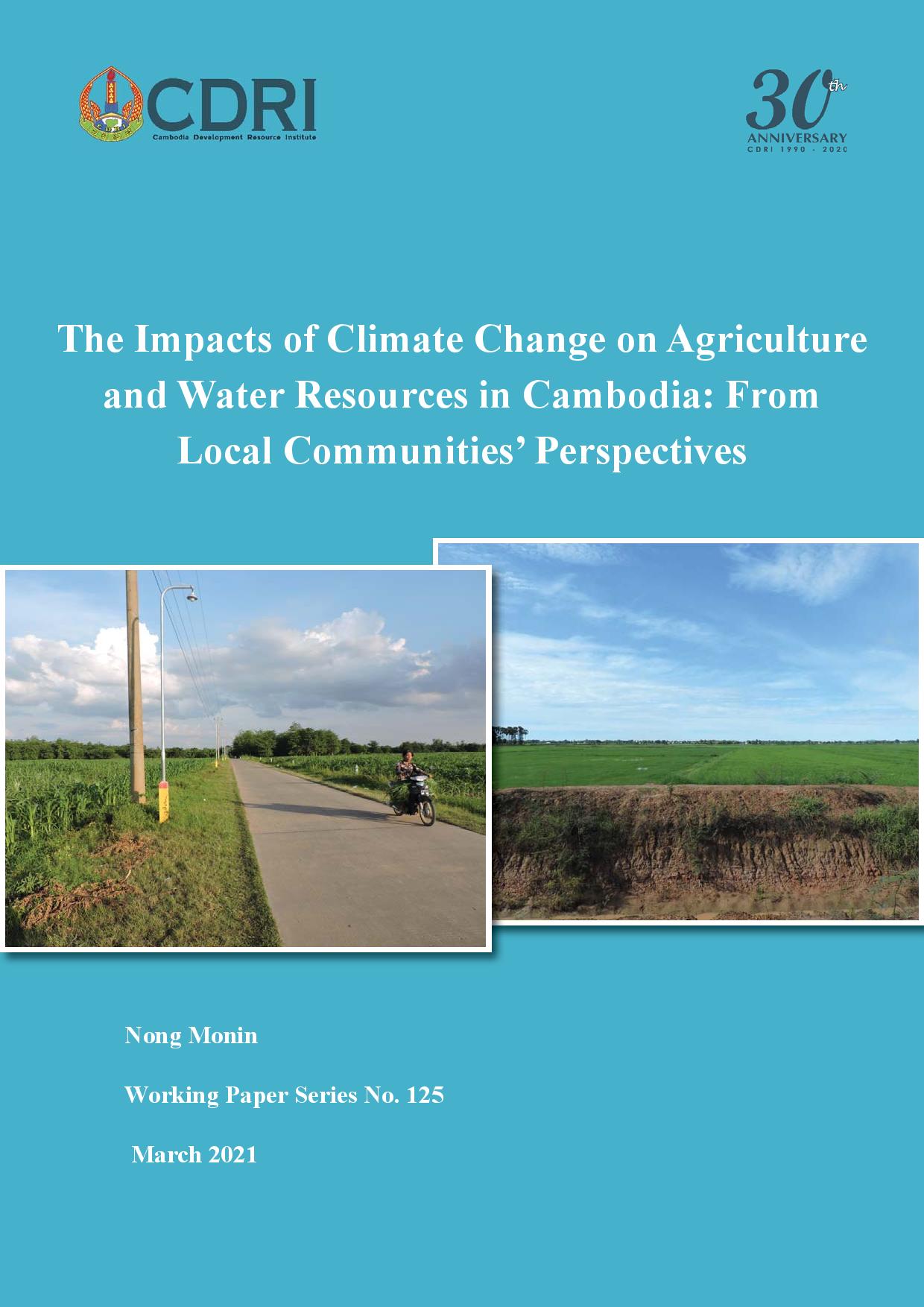
The Impacts of Climate Change on Agriculture and Water Resources in Cambodia: From Local Communities’ Perspectives
In 2019, 61 percent of the population living in rural areas, 76 percent of whom rely on agriculture as the main source of income and livelihood, sustainable rural and agricultural development is paramount to the Cambodian economy. National Strategic Development Plan 2019–2023 forms the basis of the national approach for strengthening the agri...
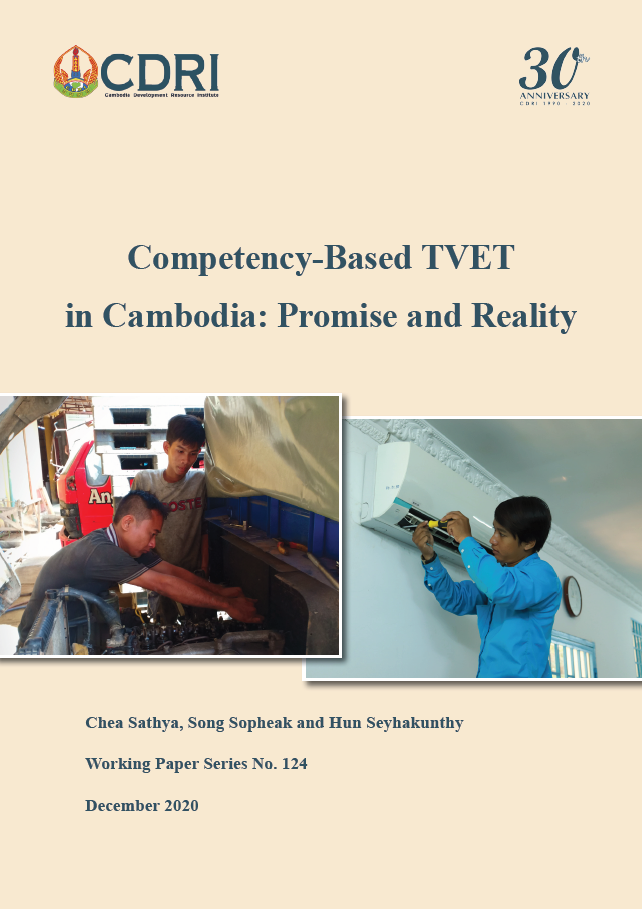
Competency-Based TVET in Cambodia: Promise and Reality
Modernisation brings new economic and social challenges around the globe. In this era of the knowledge economy, knowledge and skills have become valuable assets for national development. Many countries have been working out how best to enhance their knowledge and skills pool. Focus has recently turned to competency-based training (CBT), which is be...
